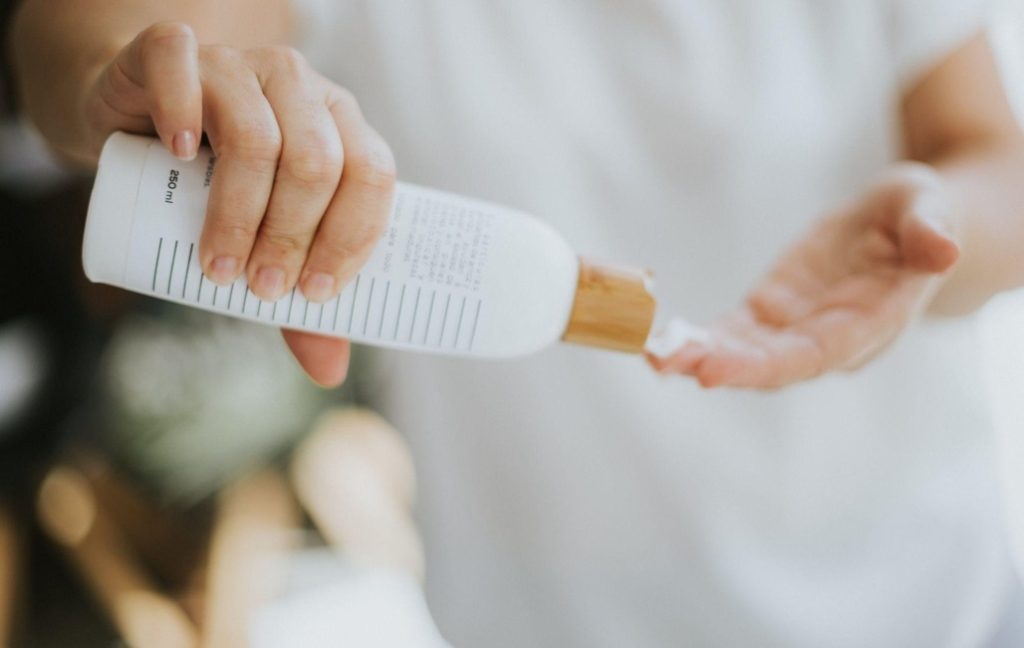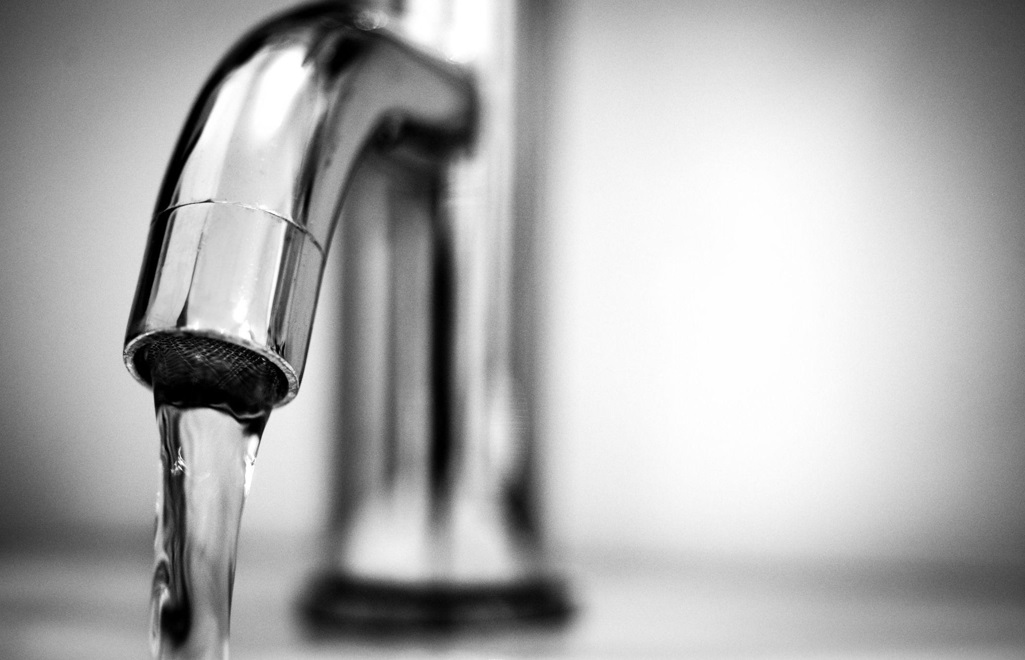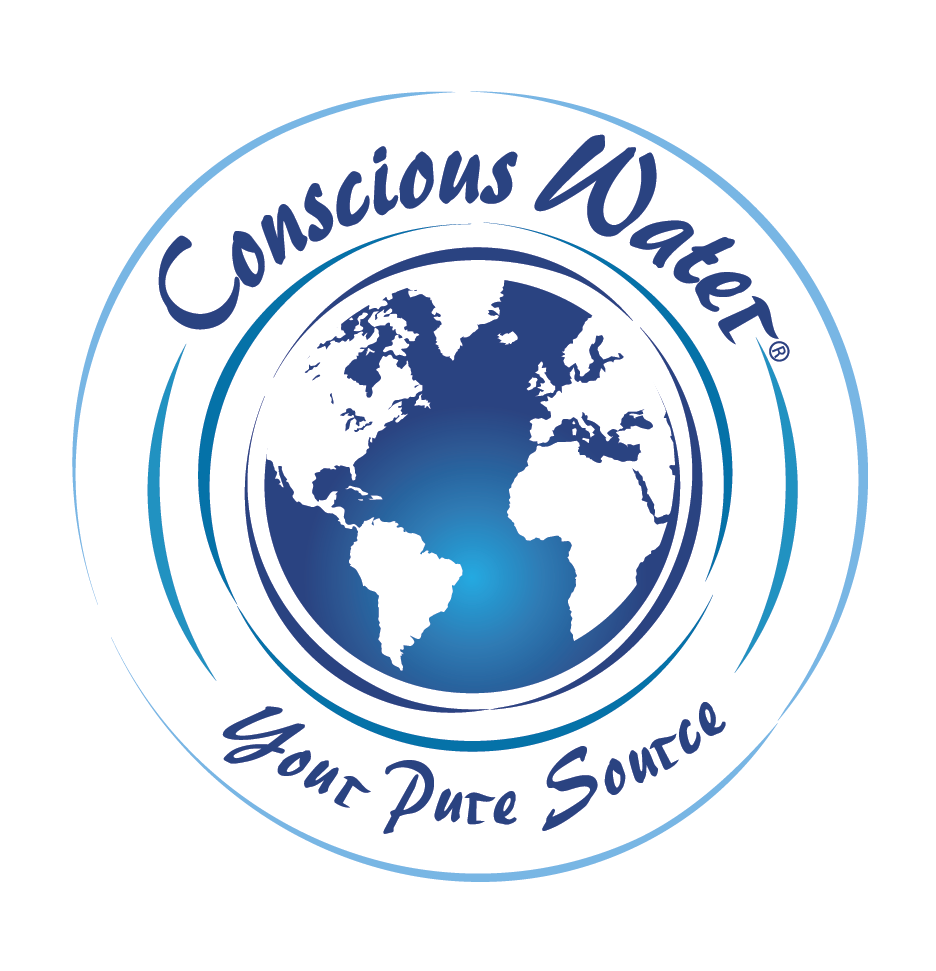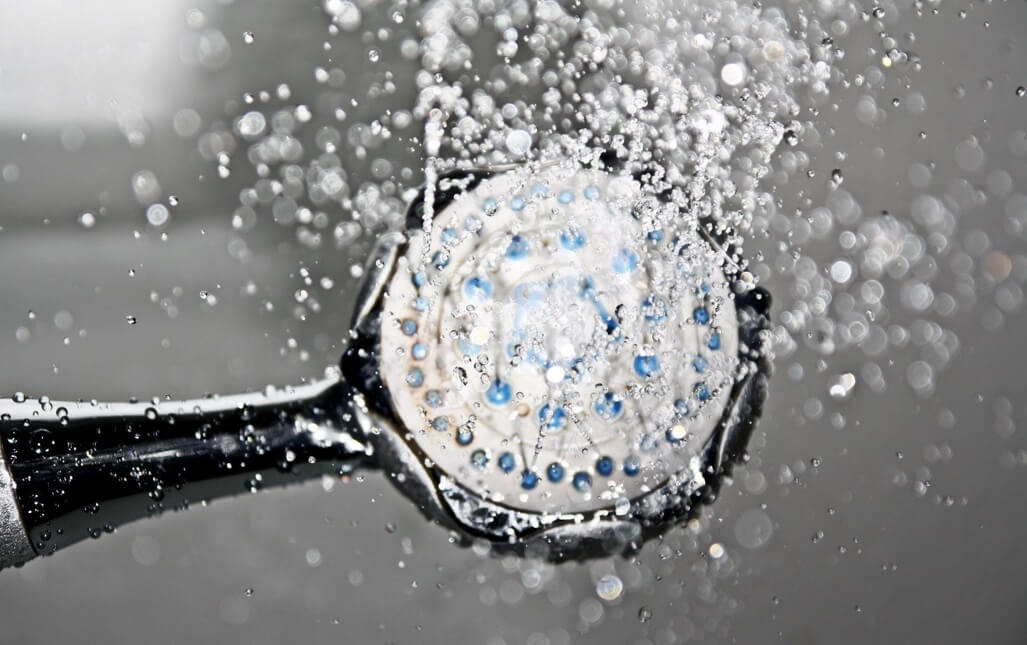Calcium and certain other minerals, including magnesium, cause “hard” water. Hard water can wreak havoc on a home and its occupants. Not only does it cause buildup and damage appliances, it feels hard and causes your skin to feel dry and itchy. Even trace amounts of calcium can significantly impact the quality of your water.
If your home has hard water and you’re wondering how to fix it, there are several things you need to know. There are temporary and long-term fixes, and which is suitable for you varies based on your circumstances.
First, it’s important to understand what hard water is and how it’s different from soft water.
Minerals, including calcium and magnesium, are what causes water to feel hard. Drinking water containing these minerals is safe, but it’s not optimal for your home and your external health.
These minerals cause deposits to form. These minerals stick to surfaces when water runs through your pipes and household appliances. This causes crusty limescale, eventually affecting water flow and pressure, leading to inefficiency and other problems.
These mineral deposits occur naturally in water that is sourced from the ground. Water undergoes treatment from your municipal water supplier, but often, this is insufficient to remove all the calcium.
Despite its harmless nature, even trace amounts of these minerals in your water supply are not harmless when it comes to your skin and your home.

The solution to dealing with water hardness is to make it soft.
What Is Soft Water?
Soft water is water that contains no calcium and no magnesium. The minerals are completely removed from the water. Softened water is not conditioned water.
Conditioned water contains calcium and magnesium, but it’s altered so these minerals do not stick to surfaces. Soft water, on the other hand, has the minerals completely removed.
Some people mistakenly believe that hardness minerals can be removed from water by boiling it. This is partly due to occasional “boil water” orders given by municipalities when drinking water is contaminated. Boiling is done to kill bacteria or other contaminants, but it does not remove calcium.
Even if it did, it would be impossible to boil all the water flowing into your household appliances, plumbing fixtures, showers, and baths. There are ways to distill your home’s water to remove calcium manually, but it’s hardly an efficient way to deal with the problem.
What Are the Best Hard Water Treatment Options?
When it comes to softening water, you have several options that range from simple to complex and come in a variety of price ranges. These include:
Ion Exchange
Ion exchange relies on a salt-based water softener. Hard water flows through the resin-based system, which pulls the calcium and magnesium from the water and releases sodium ions into the water.
It’s one of the most effective options for softening water and can potentially remove mineral deposits entirely. Some users report this method changes the taste of water, but some say it’s for the better. Because these systems are so effective, they tend to be one of the pricier options.

Chelation, named for its use of a chelator molecule that binds to calcium and magnesium, as well as iron and manganese, prevents mineral deposits from forming.
Some people add chelants to their cleaning products to prevent buildup. The upside of this kind of water softener is that it doesn’t remove anything from the water.
This means that people concerned about the benefits of trace minerals in their water don’t need to worry – they’ll still be there. But all the risks of having hard water in your home are minimized.
Reverse Osmosis
Reverse osmosis is a filtration process that removes up to 90 percent of total dissolved solids. The process requires multiple stages, including water flowing through a membrane that results in pure water free of contaminants. The RO process provides both filtration and demineralization.
However, despite its effectiveness, it’s not recommended for homes with high calcium levels and other hardness minerals without pre-treatment.
This is because high levels of these hard water minerals damage the system’s membranes, and you’ll be faced with repairs and high maintenance costs. These systems can be installed under your sink or at your home’s water entry point.
Distillation
Distillation is another thorough method that has both pros and cons. Like others, it’s so effective that it leaves water completely mineral-less. The systems work by boiling and condensing the water.
The water in the units boils until it evaporates and then passes through a chamber as a gas where the calcium, magnesium, and other contaminants are separated from the rest of the solution. This very thorough method leaves you with pure water, but some users report that it tastes flat.
Chemical Treatment Options
A final simple but effective option is adding a chemical to the water to soften it. This includes sodium bicarbonate, washing soda, or another chemical solution.
These products serve to break down the hardness minerals in the water. These products also make for effective cleaning solutions if you have hard water buildup on faucets, pipes, and other surfaces. You should not use these products to soften drinking water.
How Do You Know You Need to Soften Your Water?
Hard water is not dangerous. Most people can drink unsoftened water without any health issues. Some people even claim that hard water tastes better than soft water, and others claim trace minerals have health benefits.
Unfortunately, despite no internal health dangers, showering with hard water is tough on your skin. It’s difficult to rinse away soap and shampoo with hard water, which leaves your skin feeling dry and itchy.
Hard water also damages appliances and leaves you constantly cleaning your sinks and faucets. It leaves behind a residue on dishes and reduces water pressure due to hard water minerals building up in pipes.
Ultimately, it’s up to you whether it’s worth the investment of softening your water. Many people choose to do so and find other ways of adding trace minerals to their drinking water. Some opt for simple, inexpensive softening methods, while others invest in whole-house water softeners so they no longer need to worry about the problems water hardness causes.
If you decide it’s time to deal with your hard water issues, we can help. To learn about your water softening options, email or call for more information.


